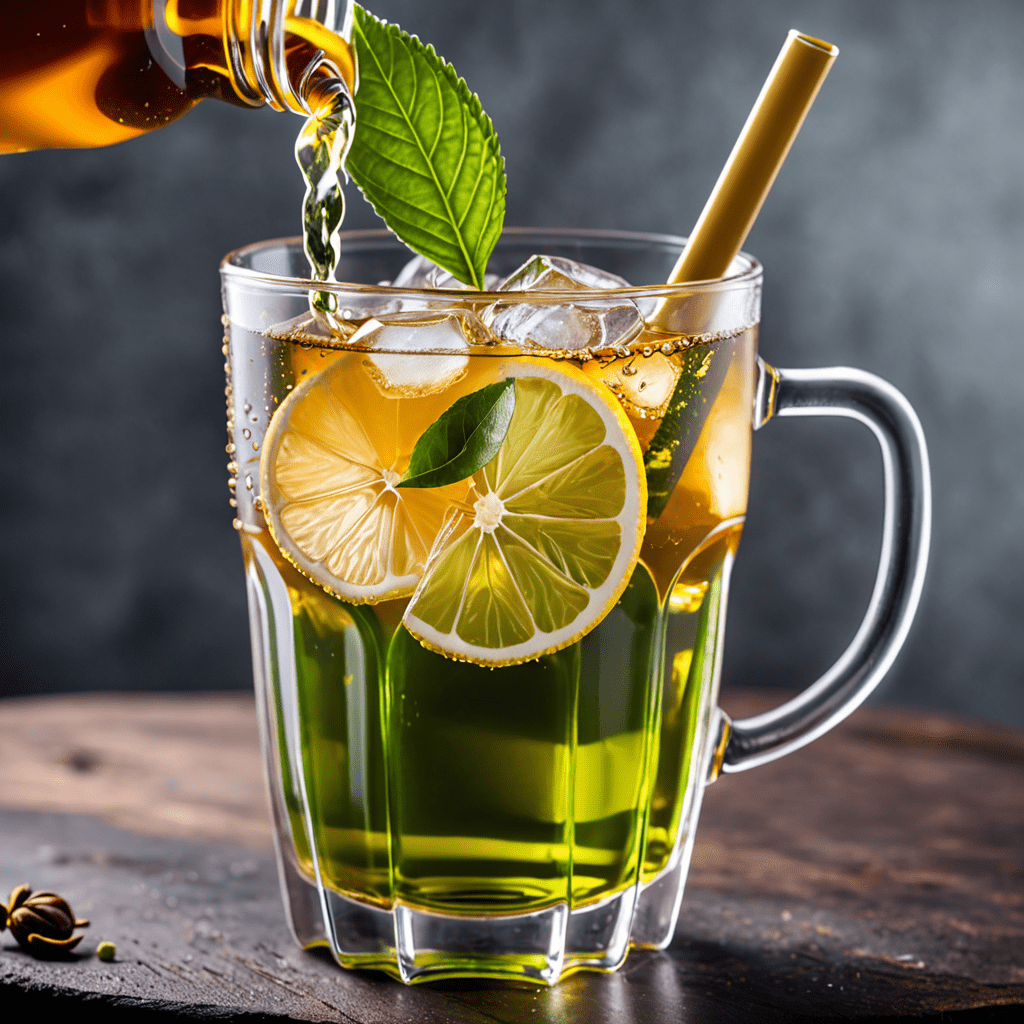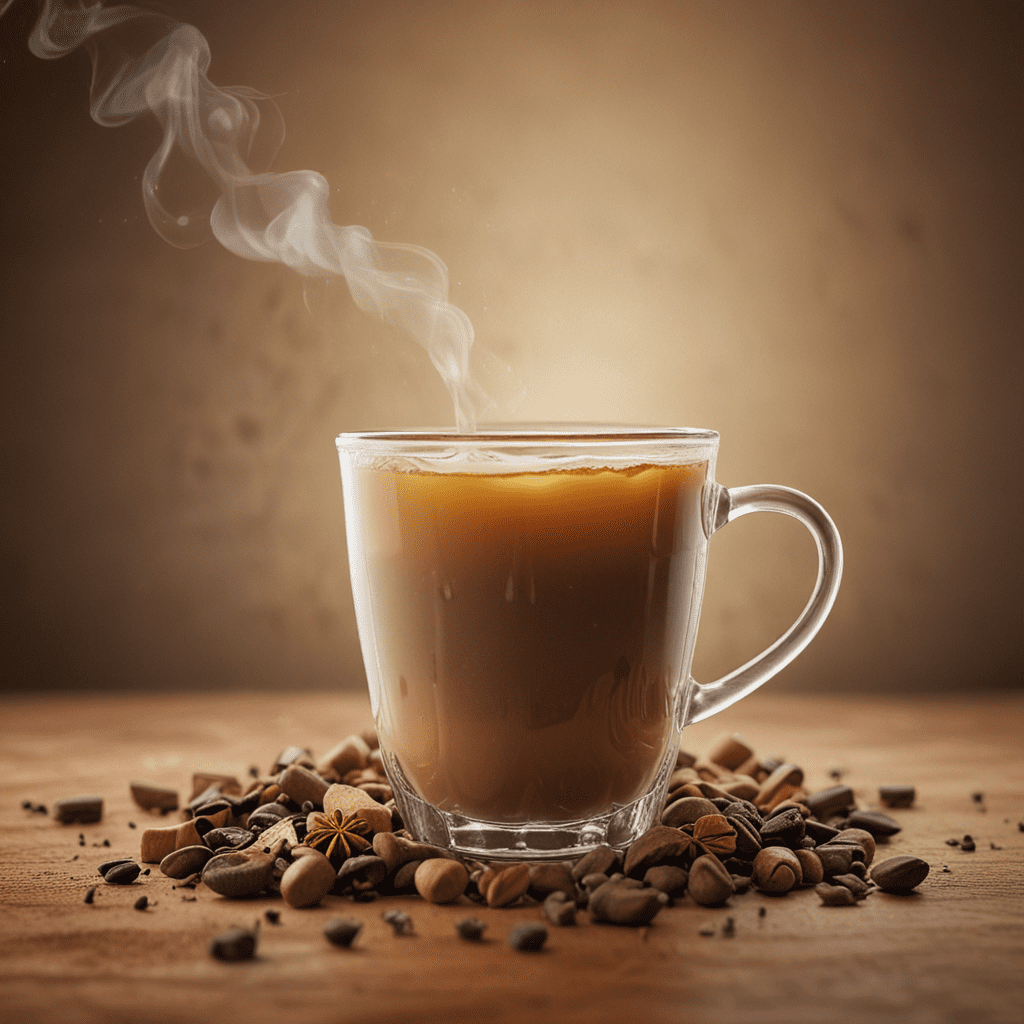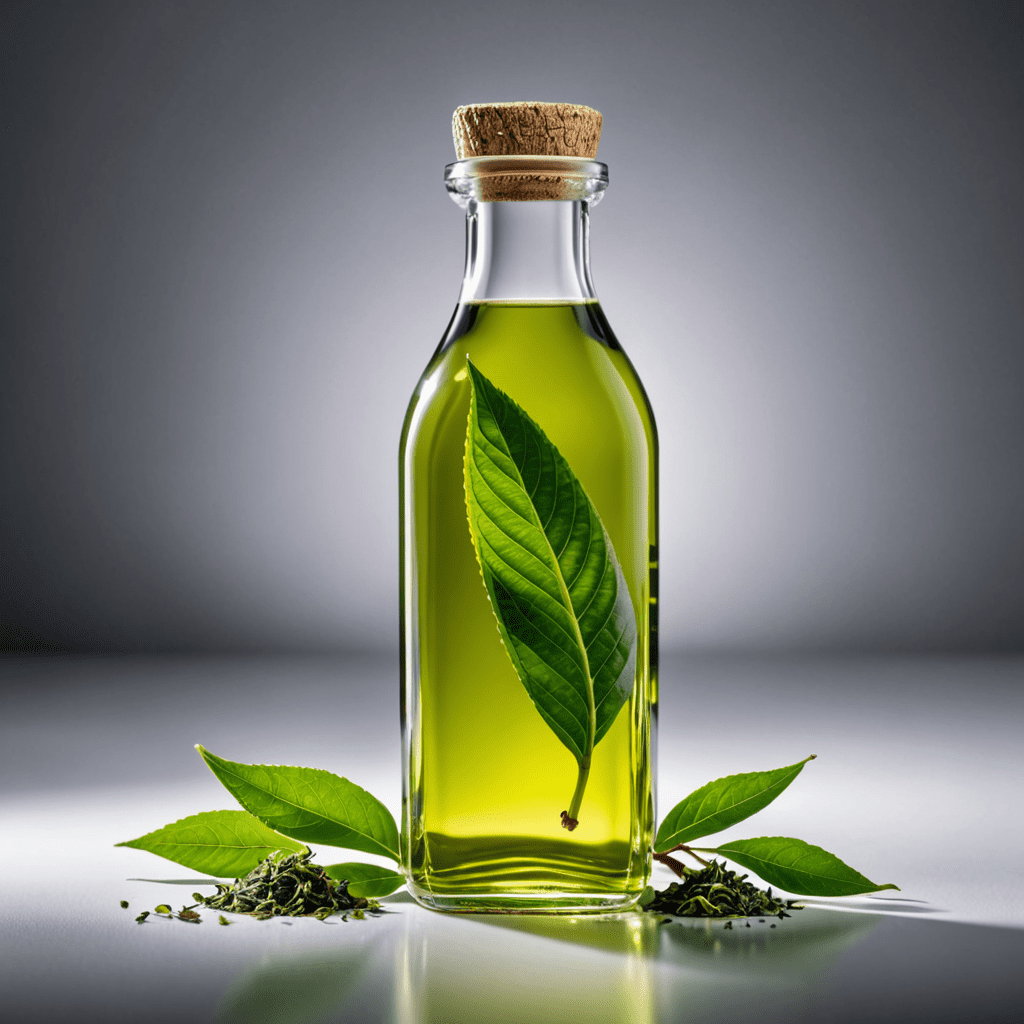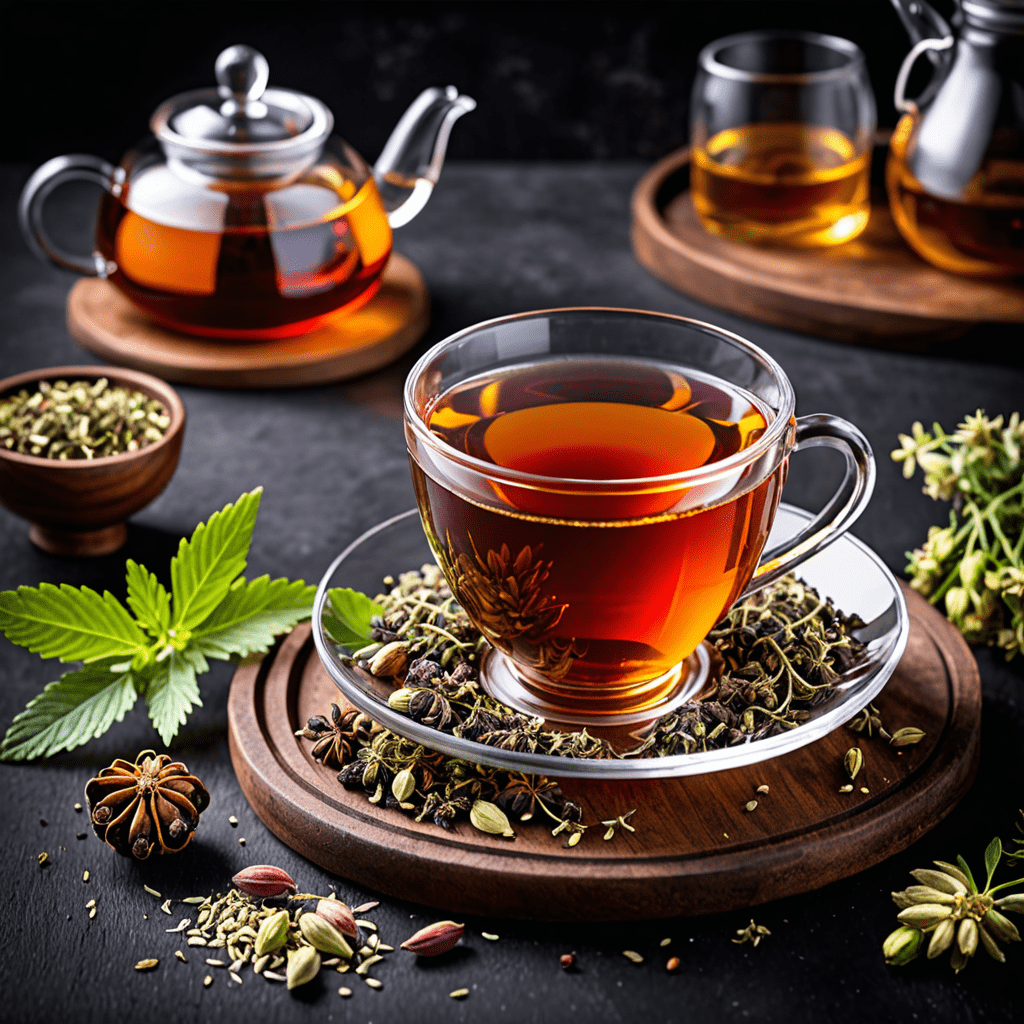
Uncovering the Caffeine Content of Refreshing Iced Green Tea
As the demand for healthier beverage options continues to rise, iced green tea has become a popular choice for many individuals seeking a refreshing drink. With its numerous health benefits and delightful taste, it’s no wonder that this versatile beverage has gained so much attention. One common concern, however, is the caffeine content in iced green tea. In this article, we will delve into the caffeine levels found in this beloved beverage and answer some frequently asked questions.
Understanding Caffeine in Iced Green Tea
Caffeine is a natural stimulant found in various plants, including the tea plant, Camellia sinensis. The levels of caffeine in tea can vary depending on factors such as the type of tea, brewing method, and steeping time. When it comes to iced green tea, the caffeine content can vary as well.
Factors Affecting Caffeine Levels in Iced Green Tea
While the average caffeine content in iced green tea can range from 20-30 mg per 8-ounce serving, several factors can influence this amount. Let’s examine some of the key factors that can affect the caffeine levels in your iced green tea:
1. Type of Green Tea
Different varieties of green tea can have varying levels of caffeine. For example, matcha, a powdered green tea, tends to have higher caffeine content compared to sencha or gyokuro, which are more commonly consumed as loose leaves.
2. Brewing Method
The brewing method you use can impact the caffeine extraction from the tea leaves. Steeping green tea in hot water and then chilling it can yield different results compared to cold-brewing, where the tea leaves soak in cold water for an extended period. Cold-brewed iced green tea is known to have a lower caffeine content due to the reduced extraction rate.
3. Steeping Time
The duration of steeping can also influence the caffeine levels in your iced green tea. Longer steep times generally lead to higher caffeine extraction. If you prefer a milder caffeine content, consider shortening the steeping time to minimize extraction.
4. Tea Leaf Quality
The quality of your tea leaves can affect the caffeine content. Higher-quality green teas often consist of young buds or larger leaves, which typically have higher caffeine concentrations compared to lower-grade tea leaves.
Frequently Asked Questions About Caffeine in Iced Green Tea
Q: Does decaffeinated green tea exist?
A: Yes, decaffeinated green tea is available. The decaffeination process involves removing most of the caffeine from the tea leaves while retaining the flavor compounds. However, it’s important to note that decaffeinated green tea may still contain trace amounts of caffeine.
Q: Is iced green tea a good alternative to coffee for caffeine intake?
A: Yes, iced green tea can be a suitable alternative to coffee for those seeking a milder caffeine boost. While it still contains caffeine, the average caffeine content in iced green tea is generally lower than that in coffee.
Q: Can I reduce the caffeine in iced green tea?
A: Yes, you can reduce the caffeine content in iced green tea by adopting certain brewing techniques. Cold-brewing or shorter steeping times can help minimize caffeine extraction.
Q: Are there any health benefits to consuming iced green tea?
A: Yes, iced green tea offers several health benefits. It is rich in antioxidants, which can help protect against cell damage. It can also promote hydration and provide a refreshing source of hydration without added sugars or calories.
Q: Is it safe to consume iced green tea if I am sensitive to caffeine?
A: If you are sensitive to caffeine or have a specific health condition, it’s always best to consult with a healthcare professional. They can provide personalized advice based on your specific needs and circumstances.
Q: How can I enjoy the flavor of iced green tea without the caffeine?
A: If you enjoy the taste of iced green tea but prefer to avoid caffeine, consider opting for decaffeinated green tea options or explore herbal teas that do not contain any caffeine.
In conclusion, the caffeine content in iced green tea varies depending on various factors such as tea type, brewing method, steeping time, and tea leaf quality. While it does contain caffeine, iced green tea can still be a refreshing and healthier alternative to other caffeinated beverages. By understanding these factors and making informed choices, you can enjoy your iced green tea while managing your caffeine intake.


